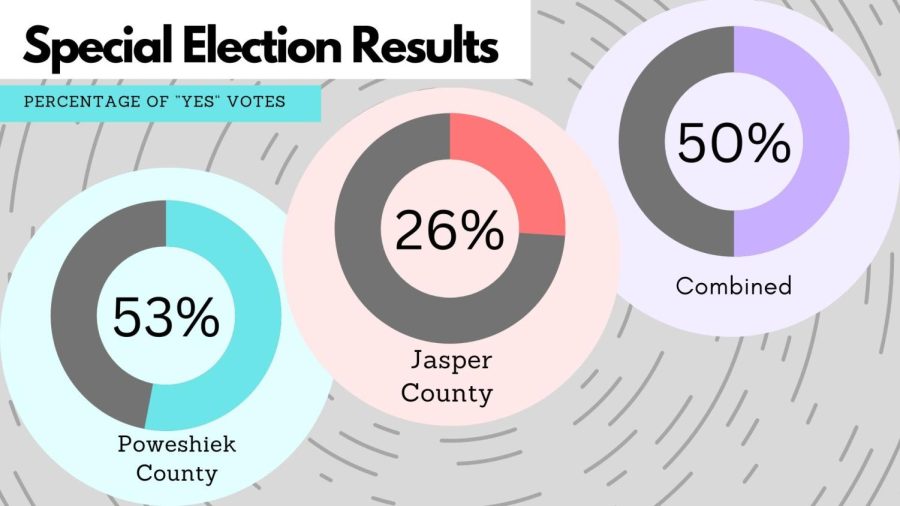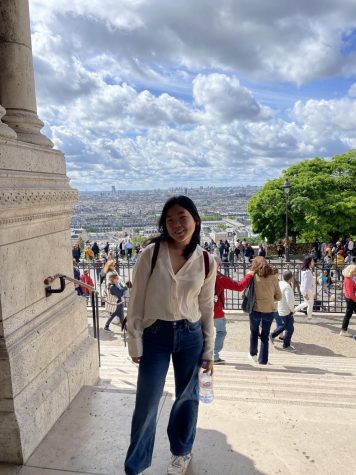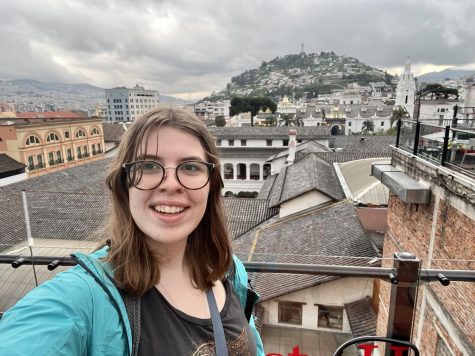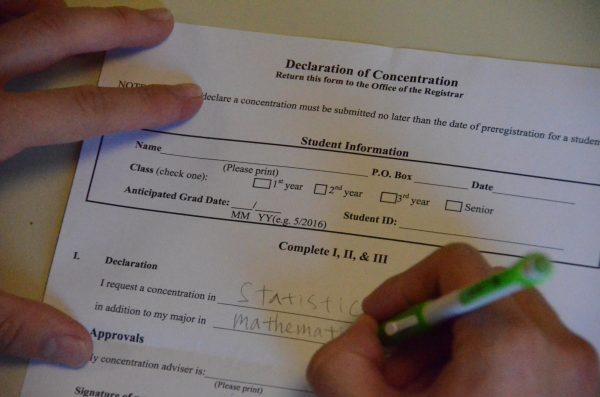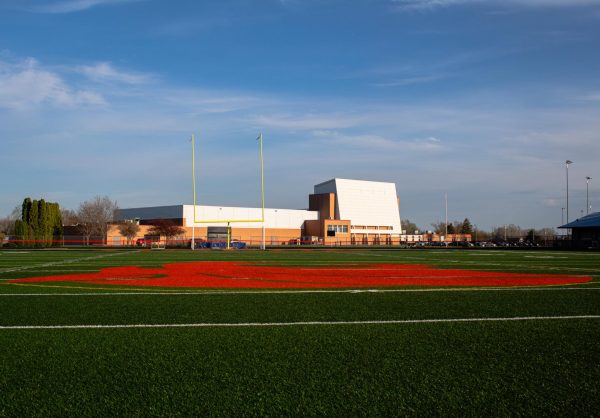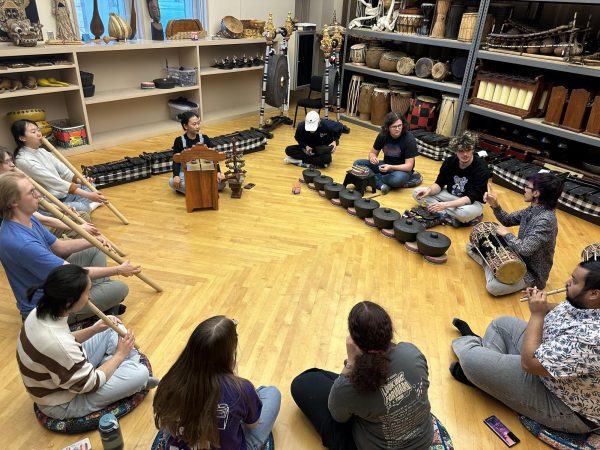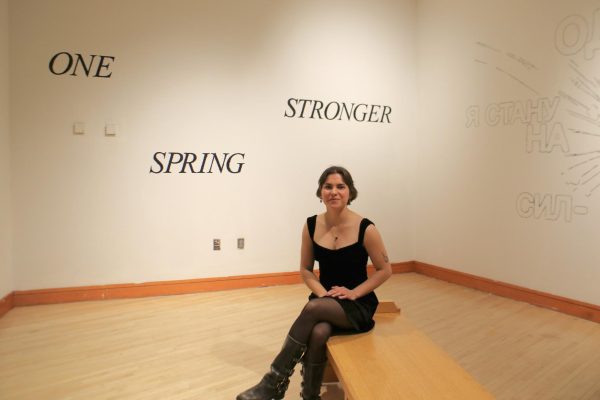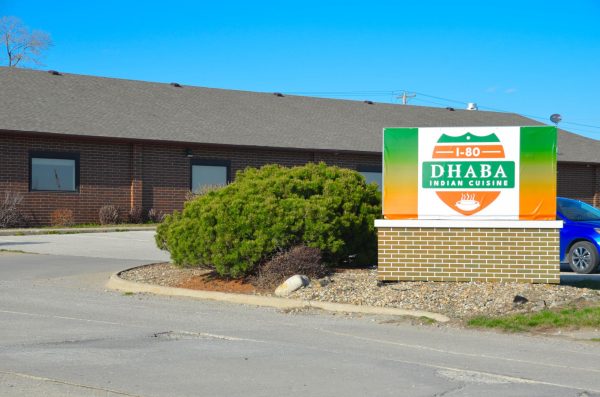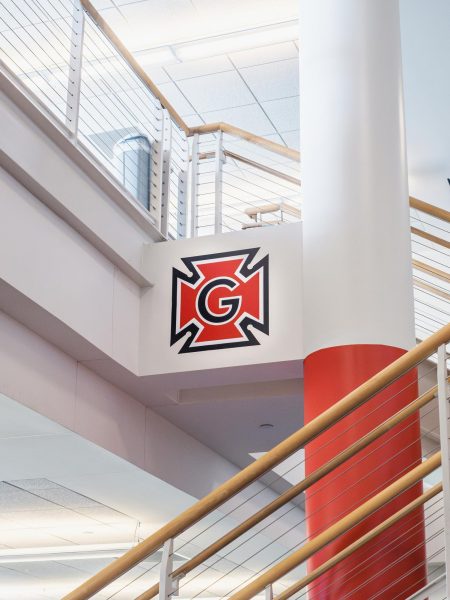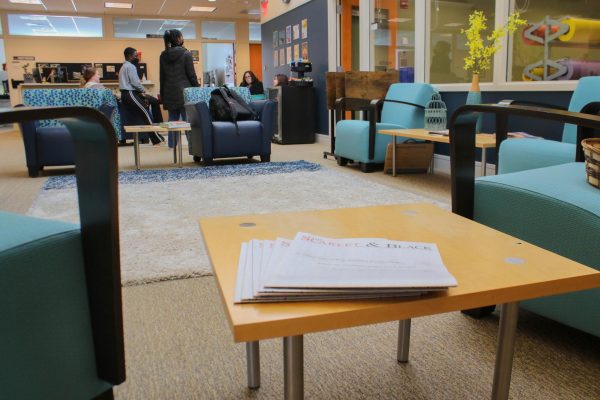Voters deny PPEL proposition due to unclear language
PPEL votes usually pass, according to Dustin Smith, Grinnell-Newburg Board of Education.
April 10, 2023
The Grinnell-Newburg Community School District conducted a special election proposing a Physical Plant and Equipment Levy (PPEL) that would redistribute the property tax revenue towards improving school facilities. The proposition was denied due to what Dustin Smith, the president of the Grinnell-Newburg Board of Education, perceived as an error in the language of the proposition that he said would be improved in the future.
The Iowa Board of Education states that the school board may annually certify a PPEL, and the funds can be used for various purposes including the purchase and improvement of grounds, construction of buildings, purpose of equipment or technology and repairing, remodeling, reconstructing, improving or expanding the school houses or buildings.
The levy did not pass, with final results coming in at 567 voting in favor and 573 voting against in both Powershiek and Jasper County. The vote took place on March 7.
This proposed PPEL was meant to maintain and repair the school buildings. However, there was some miscommunication on the ballot involving language of “purchasing and improving grounds” that may have suggested to voters the legislation was a bond vote.
Bond votes approve the issuing of new bonds by the school district to finance the building of new schools, new facilities and pay for salary increases among other goals. This debt would be paid for by taxpayers, leading to tax increases. However, the proposed PPEL simply proposed redistributing the revenue of property taxes to maintain and repair the school buildings at no extra cost to the taxpayer. Smith said that this misconception is the reason why the most recent PPEL vote did not pass.
The management fund was getting too large, and thus, the board was planning on lowering the property taxes that are being assessed with that fund, moving them over to the PPEL fund. According to Smith, this would have no tax increase for any homeowners or property owners, and instead, it was just shifting which fund the tax revenues would go into.
He said that the confusion was due to the language in the ballot as it mentioned constructing a building because the money can be used for that, but that was not their purpose.
We just wanted a little extra money to help fix up our schools
— Dustin Smith, the president of the Grinnell-Newburg Board of Education
Smith said that leading up to the next election, more education on the use of the funds will be a priority. In the past, the voted PPELs did not have tax increases, and according to Smith, “the community has never not approved. They haven’t supported big bonds or big tax increases, but the procedural votes have passed easily in the past.”
The PPEL votes have regularly passed in the past, yet the board struggles to raise taxes to build new buildings. This has been an issue for about 10 years, according to Smith. The past votes that proposed a tax increase to build a new building were not passed.
Smith said, “I think the confusion between this PPEL being the same as the other proposed tax increases is part of the reason it didn’t pass. And I think that’s the education we need to do. Next time, we need to say that this is not to purchase land or build a new building. Instead, we want to maintain the safety and security of the schools and the students.”
Due to the results of the election, the money that was going to be moved will stay in the management fund. Now, the board has another fiscal year before having to take action on it, by either lowering taxes or passing another vote to see if they can shift the funds.




























































